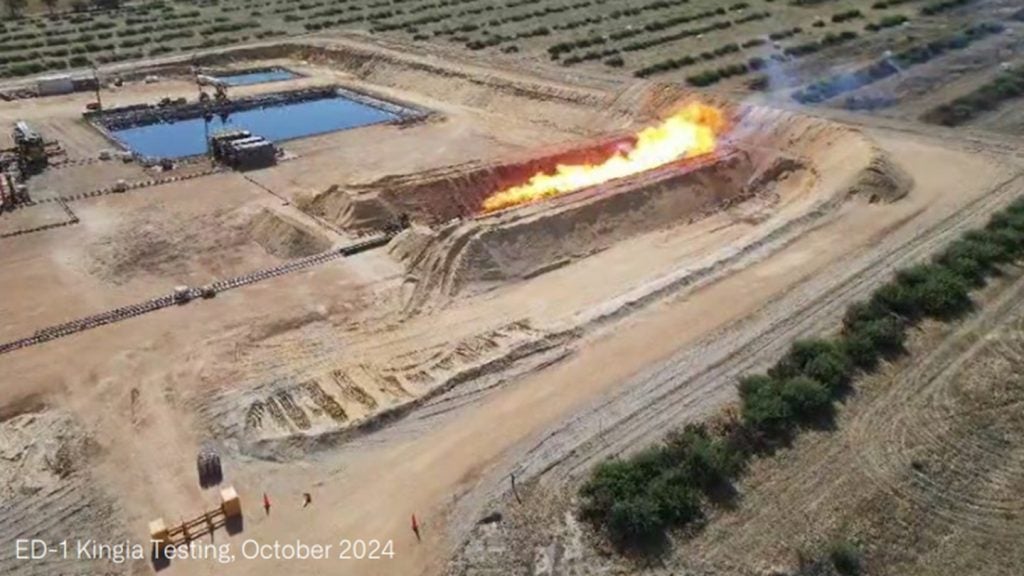Global oil prices remained stable marginally below their 2019 peaks as supply cuts led by the Organization of the Petroleum Exporting Countries (OPEC) continue to dominate the market.
Brent crude oil futures gained 6 cents from their last close to trade at $67.92 per barrel, while US West Texas Intermediate (WTI) futures edged 5 cents higher to settle at $60.04 a barrel, reported Reuters.
OPEC members, along with key non-affiliated allies including Russia, have restricted crude output by 1.2 million barrels per day (Mbpd) to support global oil prices. The move has supported the market with prices reaching nearly a four-month high. However, increasing concerns of economic growth prevented crude prices from further increase.
Economic growth has slowed down across North America, Europe and Asia, which in turn may reduce fuel consumption.
Investment bank RBC Capital Markets told the news agency that oil is ‘still below the fiscal breakeven level in a number of OPEC countries’, implying extension of OPEC supply cuts beyond June this year.
RBC said: “We believe that OPEC is likely to extend the deal for the duration of 2019 when they next assemble in Vienna in June.”
How well do you really know your competitors?
Access the most comprehensive Company Profiles on the market, powered by GlobalData. Save hours of research. Gain competitive edge.

Thank you!
Your download email will arrive shortly
Not ready to buy yet? Download a free sample
We are confident about the unique quality of our Company Profiles. However, we want you to make the most beneficial decision for your business, so we offer a free sample that you can download by submitting the below form
By GlobalDataThe oil market is also supported by the ongoing US sanctions against key petroleum producers Iran and Venezuela. US crude oil production has crossed 12.1 Mbpd, making it the largest producer ahead of Russia and Saudi Arabia. This rise in production is offsetting the impact of sanctions and OPEC supply cuts.







